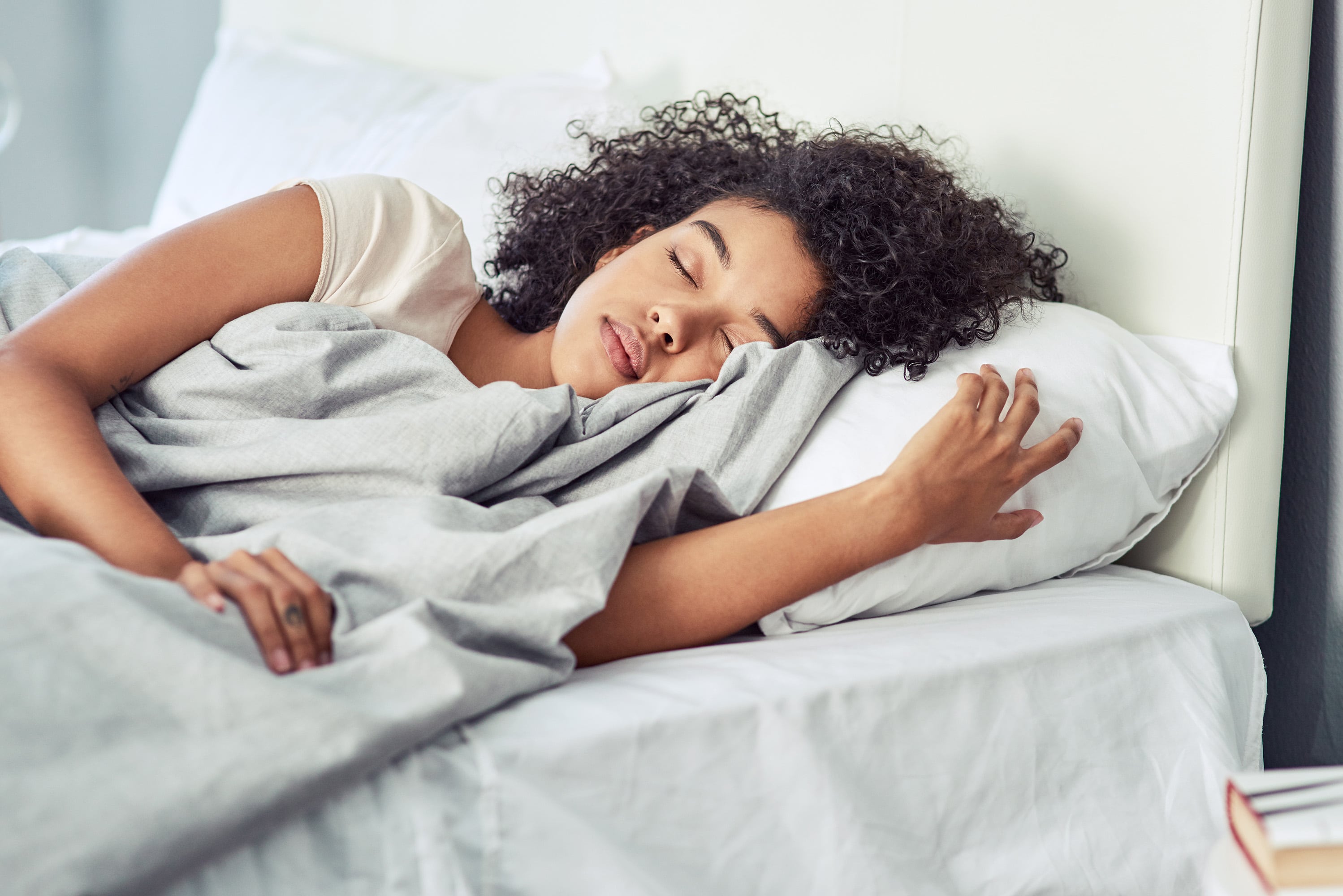Frequently Asked Questions
What is the cause of snoring?
Snoring occurs when the muscles in the airway relax so much during sleep that it causes the airway to narrow. This causes intense vibrations of the tissues in the upper airway during breathing that are heard as snores. Many factors can contribute to having a narrow airway that causes snoring such as; lack of muscle tone in soft palate and upper pharynx, large tonsils or excess fat deposits in your throat area. People who are overweight, drink alcohol or have a deviated septum are also at an increased risk for snoring.
Can snoring be cured?
It is possible to treat snoring symptoms. Simple lifestyle changes, including weight loss, sleeping on your side, limiting alcohol before bed, sleeping with your head elevated and quitting smoking can help eliminate snoring. When these strategies aren’t successful, it is important that you seek help from a professional. In some cases, a mouthguard or continuous positive airway pressure (CPAP) device can be used to help keep breathing passages open while you sleep.
How do dentists help with snoring?
If you snore, talk to Dr. Wallace about your symptoms. Based on an evaluation of your condition, your dentist will recommend a course of treatment that may include one or a combination of the following:
- Lifestyle changes
- Dental device for snoring
- CPAP
- Sleep study
Can a mouthguard for snoring help?
If you snore, a custom-made mouthguard may help reduce your snoring during sleep. These mouth appliances work similarly to the mouthguards used for sleep apnea and keep your airway open during sleep by pulling your lower jaw forward.
Does snoring always mean sleep apnea?
You can snore without having sleep apnea. However, the two often go together. If your snoring is accompanied by any of the following symptoms, you may need to be evaluated by a sleep apnea specialist:
- Loud, disruptive snoring
- Breathing pauses during sleep, usually noticed by bed partner
- Gasping for air during sleep
- Excessive daytime sleepiness
- Headaches in the morning
How do I know if I have sleep apnea or just snoring?
If you snore or suspect sleep apnea, it is best to talk to a sleep specialist in La Grange, IL. Dr. Wallace is specially trained in sleep treatment and works with patients to find the best treatment plan for their snoring and sleep apnea issues.
